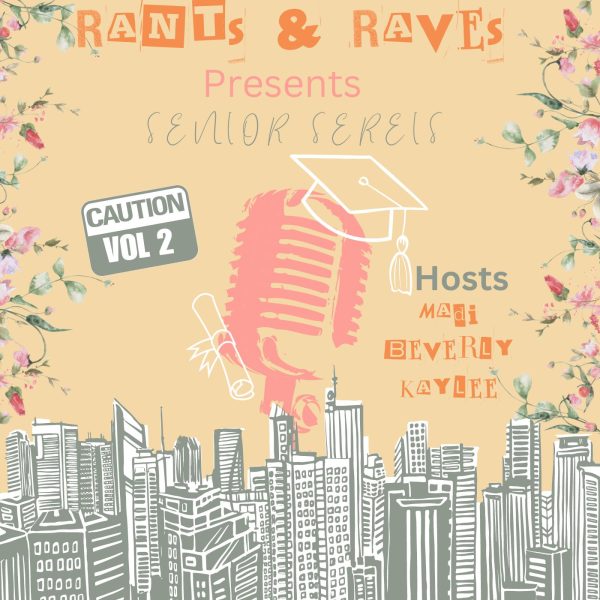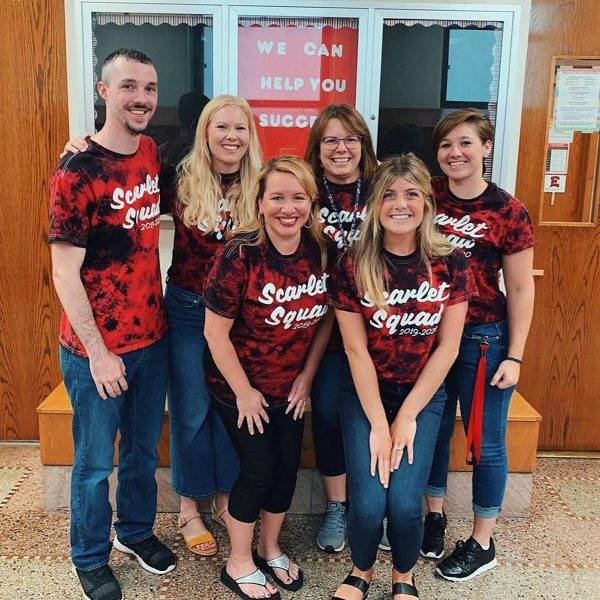Free from darkness
A feel into the grieving process.
March 4, 2020
When a loved one dies, those left to mourn, or survivors, often find themselves entangled in a complex web of emotions and reactions. The death of a loved one can be an overwhelming, frightening and painful experience. Many people can change physically, mentally, and socially as a result of losing someone.
Dealing with death, particularly the loss of someone close to you, is one of the most stressful and painful experiences we can go through. Your loss may have been sudden or after many months of illness, but whatever the circumstances are, it will take time to regain your strength. There may be times when you find it difficult to believe, you feel a sense of devastation, numbness of your body, mind and soul may feel exhausted in a need for a break and some rest. In this difficulty, it is important to understand your emotions, take care of yourself, open and seek support from family, friends and professionals.
While it is important to understand, everyone grieves differently and it does take time there are healthy steps, we can take in order to regain our strength in the process of our healing.
Aftermath of losing someone
“It affected me very emotionally, some days I don’t want to get out of bed because I felt that there wasn’t a point,” sophomore Remmi Dyer said.
Emotions get the best of us.
“When I got the call, I was confused, but the best words are shock and disbelief, “counselor Mike Freund said.
According to Psychiatrist Elisabeth Kubler-Ross, there are five stages of grief.
Denial and isolation: Feeling like ‘this can’t be happening’ or numbness, is often an initial reaction and defense mechanism to help us deal, survive, and cope with the immediate shock of the loss.
Anger: We can feel anger towards the person who died for leaving us, the treating doctors for not being able to save or cure them, family, friends, and even God. Also, in our society, anger is often shunned, and we strive to suppress it, or we feel guilty about it.
Bargaining: In some instances, this may begin before the loss of a loved one. Bargaining is often with a higher power and filled with ‘what if I…?’ in exchange for either healing a dying person, bringing the loved one back from death, or easing our grief.
Depression: Intense feelings of sadness and emptiness set in when we begin to understand the loss. It is a natural response and a necessary step to healing.
Acceptance: We are accepting the reality that our loved one is physically gone. Many mistakes this as being ‘cured,’ ‘OK,’ or ‘alright’ with the loss. Instead, we have learned to live in a world where our loved one is missing.
Positive ways to cope
There are many steps in a grieving process but, acknowledging your pain is the first. Accept that grief can trigger many different and unexpected emotions, understand that your grieving process will be unique to you. Seek out face to face support with people who care about you. Lastly support yourself emotionally by taking care of yourself physically.
“I got together with mutual friends of my friend, we told good stories about him and it made us laugh,” Freund said.
Being around people will help you.
“I spent a lot of time with family and friends,” Dyer said.
Time with family helps.
“When I was alone, I listened to music a lot and did a lot of physical activity, it took the negative energy out,” Freund said.
The grieving process takes time, healing happens gradually. Some people start to feel better in weeks or months, while for others it takes years. Whatever your grief experience is, it’s important to be patient with yourself and allow the process to naturally unfold.






